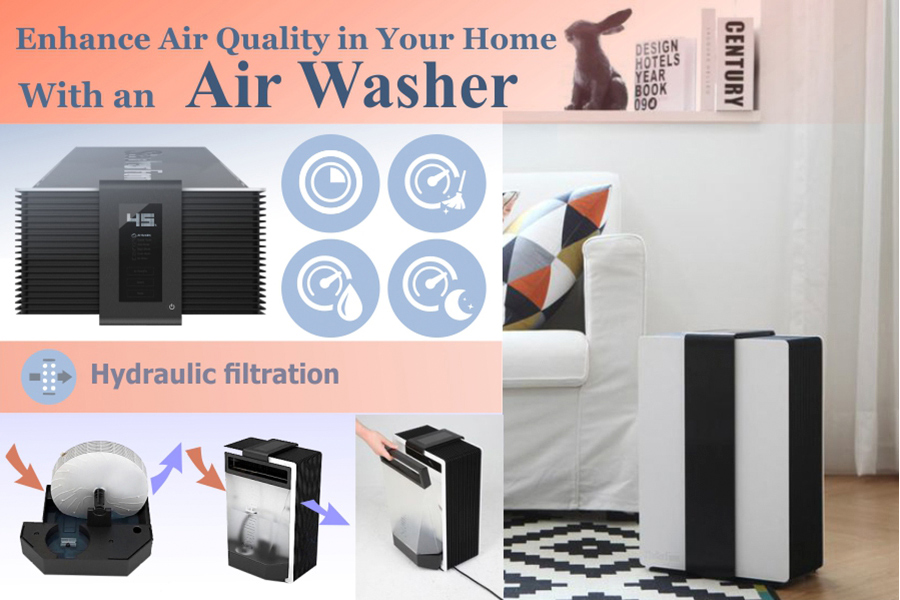Exploring The Ecological Benefits Of Warm Pumps - A Sustainable Home Heating Remedy
Exploring The Ecological Benefits Of Warm Pumps - A Sustainable Home Heating Remedy
Blog Article
Composed By-Dickinson Barrett
In an age where sustainability and energy effectiveness are extremely important, lots of companies seek environment-friendly heating solutions. One such option is the heat pump.
A heatpump draws out the warmth in its surroundings and pumps it into your home, leading to among the most efficient green main heating systems around. This procedure likewise generates absolutely no greenhouse gas emissions, making it a highly sustainable innovation.
Power Effectiveness
Heat pumps are very energy reliable and need little maintenance. They utilize less electrical power than various other heater and are without a doubt the most eco-friendly. They work well with rooftop solar and can usually pay for themselves in energy cost savings alone.
They can also provide air conditioning, which is terrific for garage workshops, attic hangouts and bonus spaces, and home enhancements without extending the existing ductwork. They can even be used for retrofits in existing homes with hydronic (water-based) distribution systems such as reduced temperature radiators or radiant floors.
Seek models with SEER and HSPF rankings that meet or surpass copyright's minimum criteria, as well as the standards in your area. Greater rankings mean better efficiency, which conserves you cash in the long run and reduces your carbon footprint. visit the next post could even get refunds and incentives! The most effective devices are those with a ground warmth exchanger for included performance. ventilation installation christchurch can absorb thermal energy from the ground during the winter and remove it in the summertime.
Lowered Greenhouse Gas Emissions
Heat pumps work on electricity and basically transfer warmth from the air, even when it's cold outside. They have the ability to extract the free warmth caught in air particles and relocate them inside your home, lowering moisture while doing so.
Contrasted to gas heating systems, contemporary heat pumps make use of less than one kilowatt of power per kilowatt of home heating power they create. This makes them the most energy efficient heating alternative readily available with a POLICE (Coefficient of Efficiency) of four or even more. By slashing the need for fossil fuels, heat pumps help in reducing greenhouse gas discharges and cut various other significant air contaminants.
Building decarbonization is an international crucial, and the a/c sector is a crucial motorist of that procedure. Whether it's investor making internet no commitments, policy makers setting emissions restrictions, or occupants demanding greener areas, electrical heatpump are being acknowledged as a necessary solution. They are an affordable means to reduce carbon emissions by removing the need for fossil fuels in structures.
Flexibility
Heat pumps can be made use of in numerous kinds of homes and structures-- with or without ducts. They deal with hot-water radiators, air-conditioning and programmable thermostats. They can replace heaters or be installed in brand-new residences. They can operate on solar panels, geothermal systems and even district heating resources like wastewater.
They're fantastic at delivering even more heat per power system. As an example, an air-source heat pump generates approximately three or even more home heating units from each electrical power device it consumes.
Getting one of the most from your heat pump will rely on your climate area and quality of insulation. Try to find versions with power celebrity rankings and contrast their SEER or HSPF specifications. In warmer climates, focus on SEER; in cooler regions, take into consideration a system with a higher HSPF rating. On top of that, invest in air sealing and insulation to lower the load on your heat pump. That will boost power effectiveness and aid you reach your Web No objectives faster.
Biomass Boilers
Biomass boilers use wood pellets, chips or logs to produce warm and hot water. They are an excellent option for off-grid buildings or those that intend to leave the gas grid.
As a standalone heating system, biomass can provide enough energy to keep your home warm all the time without the common warmth drop off of various other renewable modern technologies. They can additionally be utilized combined with solar panels to maximise financial savings and gain from RHI settlements.
A downside of these systems is the ahead of time cost and routine fuel deliveries. Commonly, pellets will certainly require to be blown into a fuel shop using a vacuum system or they can be manually fed right into the boiler through a receptacle. Logs are generally self-sourced from close-by woodland or acquired wholesale. Along with this, they call for hand-operated loading and may require cleansing often.